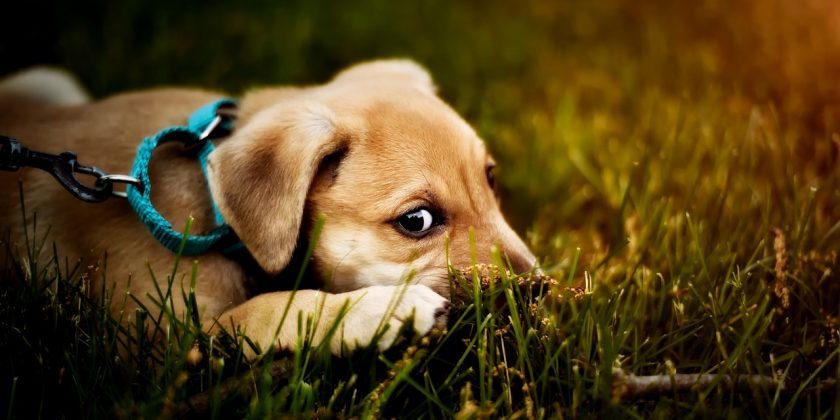“Ridiculous prices” making veterinary care unaffordable for pet owners in Wales

Veterinary care is unaffordable for many pet owners in Wales due to “ridiculous” price increases fuelled by corporate greed, a committee heard.
Caroline Allen, chief veterinary officer at RSPCA Cymru, said a survey found more than half of Welsh pet owners were worried about being able to afford vet bills.
She told the Senedd’s petitions committee it is a challenging time for the animal rescue sector due to inflation and the wider cost-of-living crisis.
Dr Allen, a practising vet for 20 years before joining the RSPCA, said 78% of pet owners reported an increase in bills and 90% were worried about feeding their pets.
She explained that when she qualified many practices were owned by vets and embedded within the community, but most have since been bought by big businesses.
‘Ridiculous’
Calling for reform of the “outdated” Veterinary Surgeons Act 1966, Dr Allen said vets can be held to account under the law but corporate entities cannot.
She said the RSPCA has had to withdraw direct services for the public to focus on its core role of helping animals suffering neglect and cruelty.
Carlie Power, representing the Cats Matter charity, described price increases as ridiculous, hitting out at a “continuous greedy rise in profits”.
Giving evidence to an inquiry on the corporate takeover of the veterinary profession, Ms Power told MSs she had to pay £62 for three days’ worth of eyedrops for her cat.
She said it cost a total of £52 to have one of her cats, Dolly, neutered seven years ago but she recently took another cat, Nix, and was billed £159 – an increase of more than 200%.
‘Hideous’
Ms Power, who has five cats, warned that responsible owners cannot afford to get their pets neutered, which piles yet more pressure on shelters.
She raised a Daily Mirror article on veterinary practices in Turkey offering cut-price treatment due to rising costs in the UK. Dr Allen warned this could lead to “hideous welfare problems”.
Peredur Owen Griffiths, who has two cats, called Treacle and Marmalade, and once wanted to be a vet, asked witnesses how the profession has changed over the past 25 years.
Sue Paterson, president of the Royal College of Veterinary Surgeons, told the Plaid Cymru politician that practice structure, facilities, workforce and education are the four big changes.
She said 41% of Wales’ 351 practices are corporatised, with around 150 owned by the “big seven”, which is lower than elsewhere in the UK.
‘Huge hole’
Dr Paterson warned the Royal College cannot regulate veterinary practices, saying: “We can only regulate veterinary professionals – that is a huge hole in the regulatory process.”
Julia Mewes, who set up The Mewes Vets as an independent practice 28 years ago, raised concerns about other vets working on commission, saying she does not set financial targets.
She warned this has created anxiety, an unpleasant atmosphere and competition between colleagues, rewarding the best at selling rather than the best at caring.
Jack Sargeant, the Labour committee chair, who has a cavalier king Charles spaniel, named Coco, highlighted the Competition and Markets Authority’s concerns about the sector.
Peter Fox, the Tory MS for Monmouth, who has been a farmer for 30 years, cautioned against demonising the private sector, pointing to positive advances in treatment.
‘Barely recognisable’
The short inquiry was prompted by a 308-name petition submitted by Linda Joyce-Jones, a campaigner, who warned that corporatisation has had devastating consequences.
Dr Joyce-Jones explained that a change of law in 1999 allowed practices to be owned by not only qualified veterinary surgeons, paving the way for big business.
Describing the profession as barely recognisable now, she wrote: “In many parts of Wales, it is virtually impossible to find an independently run veterinary practice.
Dr Joyce-Jones said corporations also own laboratories, drug companies, and pet crematoriums, as well as shares in many pet food businesses.
She warned: “Such a monopoly makes the few remaining independently run practices’ presence virtually untenable.”
By Chris Haines, ICNN Senedd reporter
Spotted something? Got a story? Email [email protected]













